STEM Activities for Early Childhood Educators
Posted by AIR Childhood Training Solutions Teacher Resource Team on Feb 27th 2023
Spring in to STEM with our review of great resources, lesson plans & professional development courses
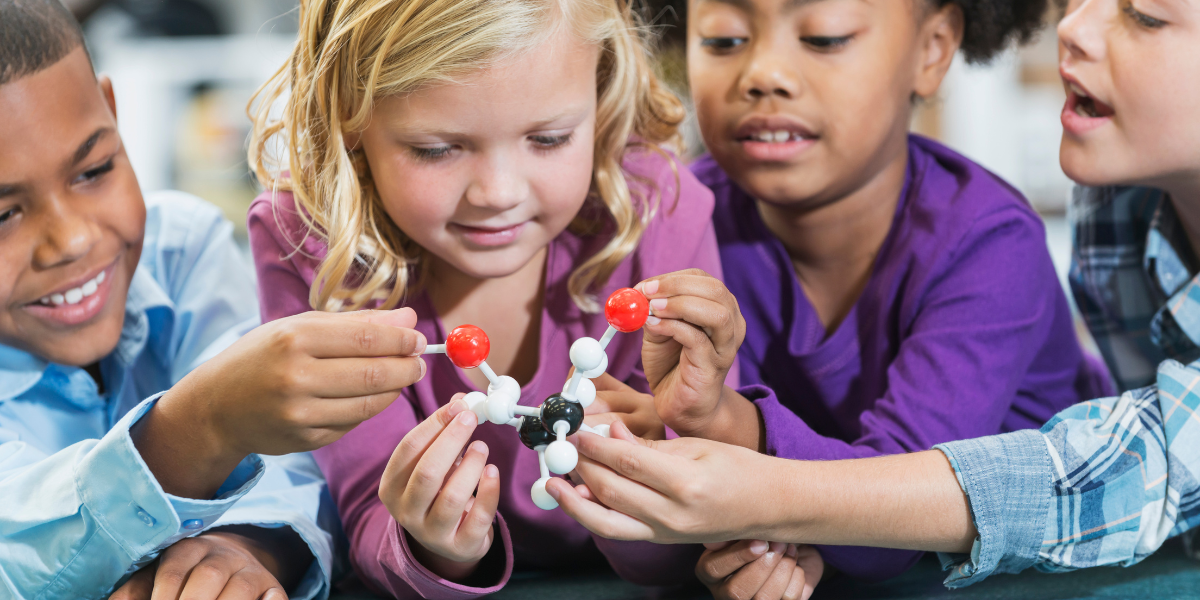
Whether you are into STEM (Science, Technology, Engineering & Mathematics), STEAM (which throws art into the mix), STEMM (another M, meaning medicine or medical) or some other variation, activities on these topics can range from simple craft projects to computer-based lessons.
This means that there are a variety of ways to introduce STEM topics into your classroom or childcare center.
We’ve done the heavy lifting for you to source lesson ideas and free resources in each of the major areas:
- Science
- Technology
- Engineering
- Math
Science Activities & Lessons
What goes up, must come down. Talking about gravity is a fun and visual way to get children thinking and talking about science -- and more specifically, physics!
The team at Kids Activities show two easy-to-stage, budget-friendly methods of enabling kids to (safely) experience gravity first hand.
First, use beads (either costume jewelry or links from a craft store or hardware store) and a tall plastic container (like what you’d use to store spaghetti).
Another option is to make a garland out of pasta and place it in a mixing bowl:
We also found this fun lesson on sound featuring two cups and a string -- an old fashioned telephone game! Kids can learn about sound waves and have fun decorating their cups along the way.
Lastly, we simply cannot get enough of this amazing Pinterest treasure trove of more than 1,000 preschool science experiments. Some highlights:
Technology Activities & Lessons
It’s never too early to teach children about technology. The age of the children in your classroom or care center group play a major factor, as always, in the nature of the lessons you plan.
Pre-K and preschoolers might get a big kick out of making their own construction paper robots.
Similar to some of the engineering lessons below, the point isn’t to have students use advanced technology per se, but rather engage them around the concepts of building something.
Students can customize their robots, name them and give them special features: “What would you want your robot to be able to do? Play football? Cook? Fly?”
Engineering Activities & Lessons
If you think engineering sounds like too lofty of a subject for the youngest of students, we have one word for you: LEGO!
LEGO sets -- and any other building blocks, for that matter -- make for perfect learning tools when it comes to engineering. Better yet, you can make LEGO maze cities to help students understand the spaces around them.
No LEGO in the classroom? No problem. A classic spaghetti tower is also a fun way to have individuals, groups -- even the whole class -- can make a structure using dry noodles, marshmallows and tape.
Assembling paper clip chains is another tactile way to enable kids to engineer something (just be sure to use coated or plastic paper clips).
Engineering Activities & Lessons
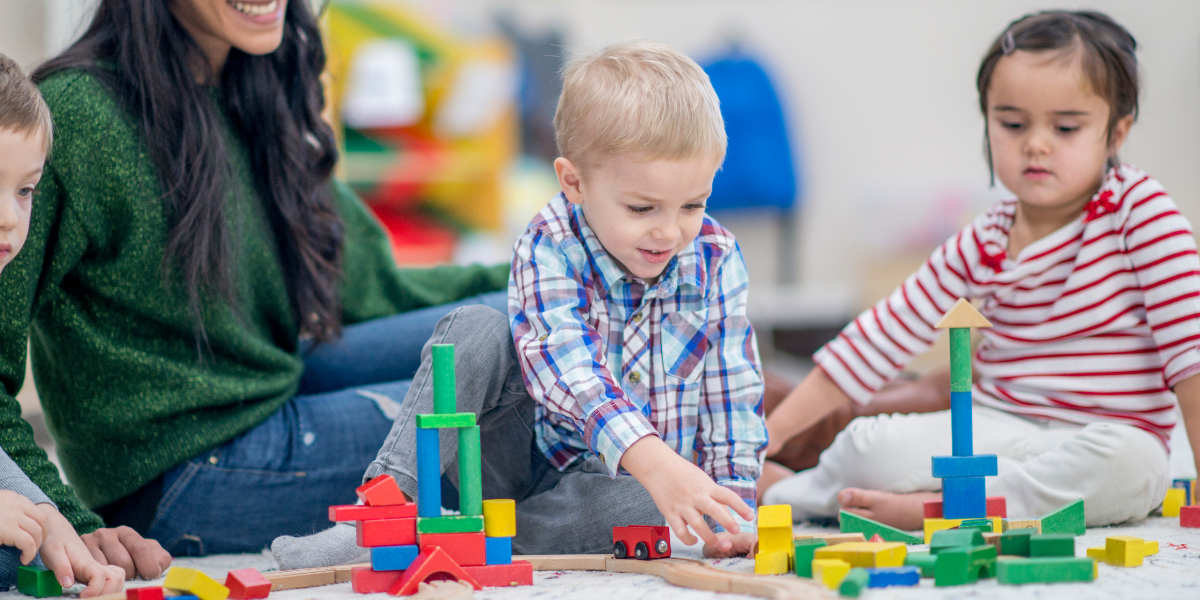
If you think engineering sounds like too lofty of a subject for the youngest of students, we have one word for you: LEGO!
LEGO sets -- and any other building blocks, for that matter -- make for perfect learning tools when it comes to engineering. Better yet, you can make LEGO maze cities to help students understand the spaces around them.
No LEGO in the classroom? No problem. A classic spaghetti tower is also a fun way to have individuals, groups -- even the whole class -- can make a structure using dry noodles, marshmallows and tape.
Assembling paper clip chains is another tactile way to enable kids to engineer something (just be sure to use coated or plastic paper clips).
Math Activities & Lessons
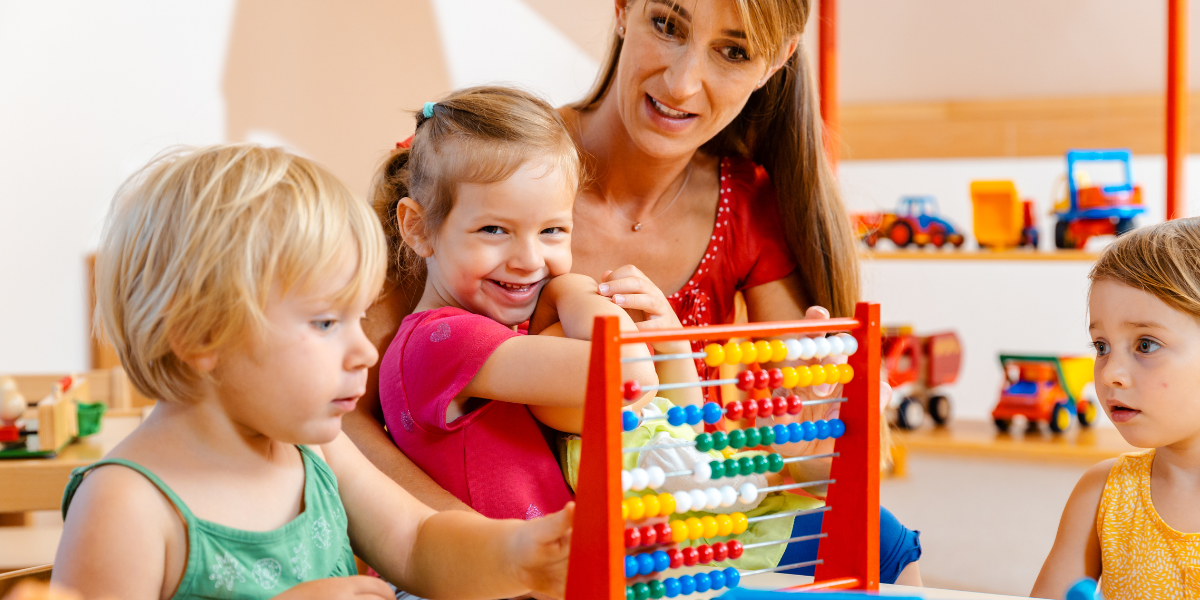
A great way to explore math with young children is to count the world around them.
This listing of play-based math activities highlights more than a dozen no-cost, easy-to-implement ways to use numbers in the classroom.
Looking for some free printables? Check out the blog at Melissa & Doug. This post, for example, includes several free activity sheets to help kids connect counting with Spring and upcoming theme days.
Related Articles & More Resources
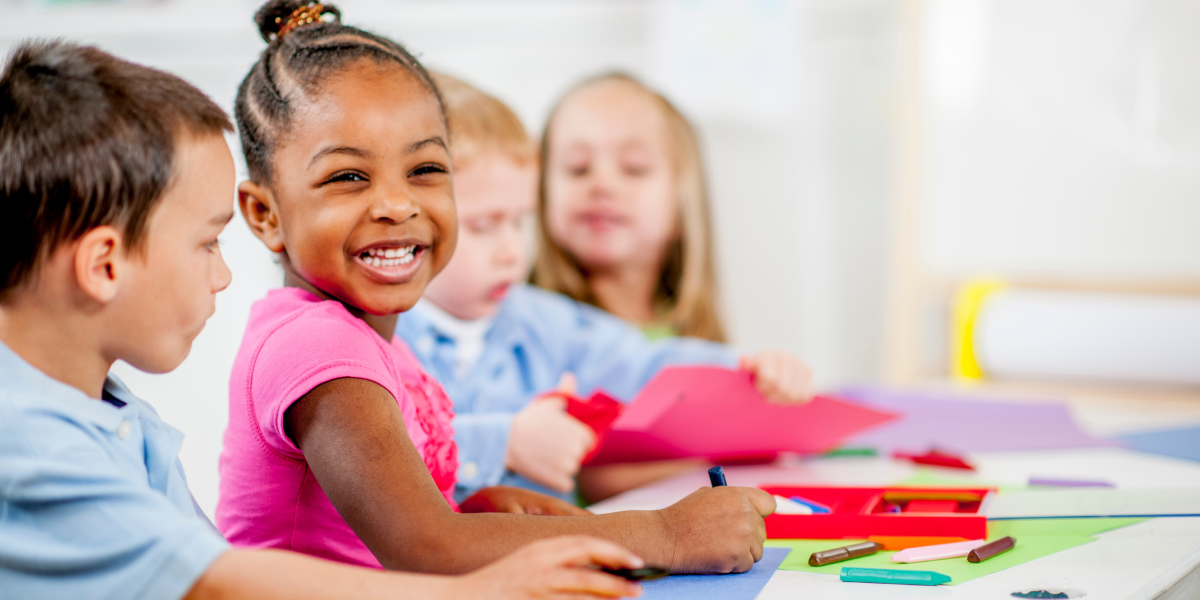
Science Experiments Using Things You Probably Have At Home
- Our teacher resources team developed this roundup of seven simple yet visual and engaging science activities for young children. All are easy to set up. For example, you can create a tornado in a glass using only dish soap and water. For a lesson/snack combo, learn to make instant ice cream in a bag. And the Electric Eel Gummy Worms might just make for one of the cutest lessons ever! Read the article.
Benefits of Gardening with Young Children
- Whether it’s outside near the playground or on your window sill, plants in the classroom speak to many topics ranging from science (nature, the sun, rain/water) to counting (how many leaves? How many buds?) and, perhaps best of all, patience. Read the article.
- This is a very fun, very visual, and highly interactive way to connect art and science. Using sunscreen, black construction paper and brushes, students can paint pictures that magically come to life in the sun. You can even place your kids sunscreen paintings by the windows in your classroom and watch them change over days, weeks, and months. Read the article.
STEM Professional Development Courses
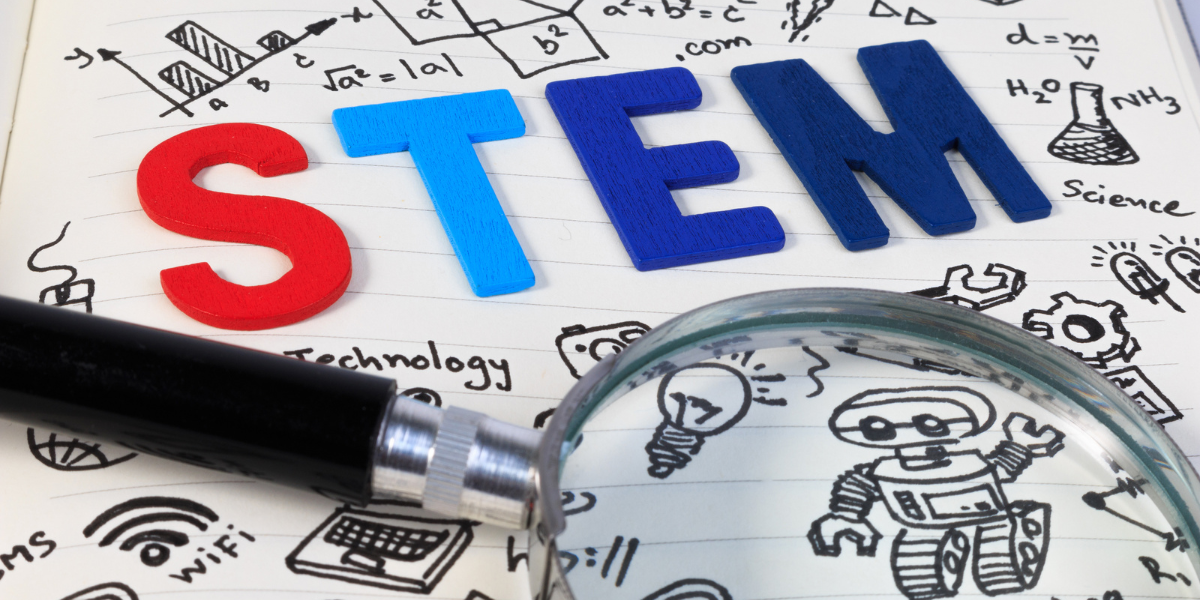
National STEM/STEAM Day may fall on November 8 each year, but it’s always a good time to check out ways to enhance your ability to teach in these areas.
For more insights and ways to incorporate STEM into your work with kids, check out our professional development courses below. Our course authors are experts on helping you bring science, technology, engineering and math to life in your classroom or childcare facility.
All AIR courses are available immediately upon purchase. You will receive a certificate for each course immediately upon successfully completing each course. View all courses.
Overall STEM, STEAM & Science
- Exploring STEM in Preschool (2 hours/.2 CEUs)
- I am NOT a Scientist (2 hours/.2 CEUs)
- Science is a Blast! (2 hours/.2 CEUs)
- Using Children's Literature to Support Art and Science Experiences (2 hours/.2 CEUs)
Engineering
Mathematics
- Hakuna Da'MATH'a (2 hours/.2 CEUs)
- Math is Everywhere 2 hours (0.1 CEUs)
- Every Day, Every Way, Math! 3 hours (0.3 CEUs)
- Infants, Toddlers, and Mathematics 3 hours (0.3 CEUs)
- What Really Counts? Math Activities for Young Children 5 hours (0.5 CEUs)

